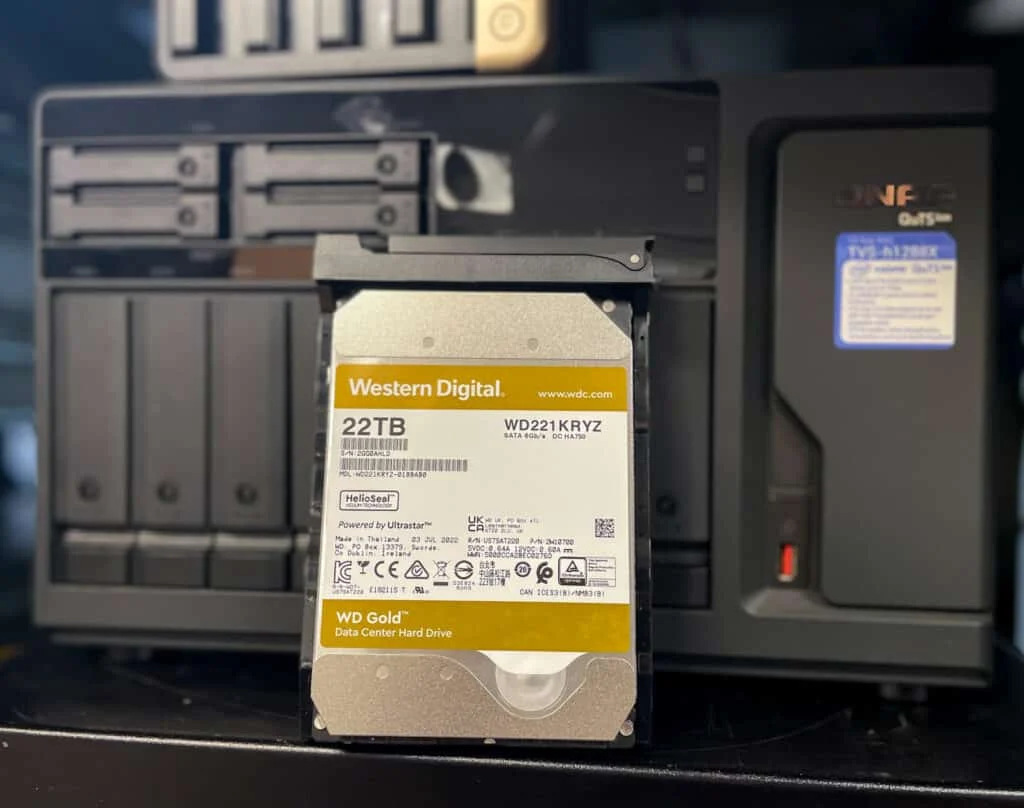In the span of just a few decades, living social network have transformed from niche platforms for tech enthusiasts to integral parts of our daily lives. Today, platforms like Facebook, Twitter, Instagram, and TikTok influence how we communicate, consume information, build relationships, and even perceive ourselves. This article explores the profound impact of social networks on modern life, examining both the benefits and the challenges they present.
The Evolution of Social Networks
Social networks began as simple tools for connecting people online. Early platforms like MySpace and Friendster set the stage for the more sophisticated and widely used living social network we see today. Facebook, launched in 2004, revolutionized the concept by focusing on real identities and personal connections, while Twitter introduced a new way of sharing real-time updates in 140 characters or less. Instagram and Snapchat brought visual storytelling to the forefront, and TikTok captivated the world with short, engaging videos.
Communication and Connectivity
One of the most significant impacts of social networks is the way they have changed communication.
- Instant Connectivity: Social networks enable instant communication with people across the globe. This connectivity has made it easier to maintain relationships with friends and family, no matter the distance.
- Community Building: These platforms have allowed people to find and join communities based on shared interests, hobbies, and causes. From gardening enthusiasts to social justice activists, there is a space for everyone to connect and collaborate.
- Professional Networking: LinkedIn and similar platforms have become essential tools for career development, enabling professionals to network, share industry knowledge, and find job opportunities.
Information and Influence
Social networks have also become major sources of news and information. However, this shift has come with both positive and negative consequences.
- Real-Time Updates: Platforms like Twitter provide real-time updates on global events, often faster than traditional news outlets. This immediacy can be crucial during emergencies and significant events.
- Misinformation: The ease of sharing information has also led to the spread of misinformation and fake news. Users must navigate a complex landscape of credible sources and dubious claims, making critical thinking and media literacy more important than ever.
- Influencer Culture: Social networks have given rise to influencers who shape trends, opinions, and consumer behavior. While influencers can provide valuable content and insights, their impact on self-esteem and consumerism is a topic of ongoing debate.
Personal Identity and Expression
Social networks offer unprecedented opportunities for self-expression and identity formation.
- Creative Outlets: Platforms like Instagram, TikTok, and YouTube provide creative outlets for artists, musicians, and content creators to showcase their work to a global audience.
- Self-Presentation: Users can curate their online personas, sharing selected aspects of their lives to shape how others perceive them. This can lead to positive self-expression but also to pressure and anxiety over maintaining a certain image.
- Support Systems: Social networks can be lifelines for individuals seeking support and understanding. Online communities often provide a safe space for people dealing with mental health issues, chronic illnesses, or personal challenges.
Social and Psychological Impacts
The pervasive use of living social network has significant social and psychological impacts.
- Social Comparison: Constant exposure to others’ highlight reels can lead to unhealthy social comparison, impacting self-esteem and mental health. Seeing only the polished versions of others’ lives can make users feel inadequate or left out.
- Digital Addiction: The design of social networks, with features like endless scrolling and notifications, can lead to addictive behaviors. Excessive use of these platforms can interfere with daily life and contribute to issues such as anxiety and depression.
- Privacy Concerns: The vast amount of personal information shared on social networks raises significant privacy concerns. Data breaches and misuse of information by companies highlight the need for robust privacy protections and user awareness.
Balancing the Benefits and Challenges
While social networks offer numerous benefits, from connectivity and community building to creative expression, they also pose challenges that need to be addressed.
- Mindful Usage: Users can benefit from setting boundaries on their social media use, such as limiting screen time and curating their feeds to prioritize positive and meaningful content.
- Digital Literacy: Enhancing digital literacy is crucial for navigating the complexities of information and privacy on social networks. Educating users about identifying credible sources and protecting their personal data can mitigate some negative impacts.
- Positive Engagement: Social networks can be leveraged for positive engagement by promoting kindness, inclusivity, and support. Encouraging constructive dialogues and using these platforms for social good can enhance their value.
Conclusion
Living social networks presents a complex interplay of opportunities and challenges. As these platforms continue to evolve, it is essential for users to navigate them mindfully, balancing the benefits of connectivity and self-expression with the need to protect their mental health and privacy. By fostering digital literacy and positive engagement, we can harness the power of living social network to enhance our lives while mitigating their potential downsides.



